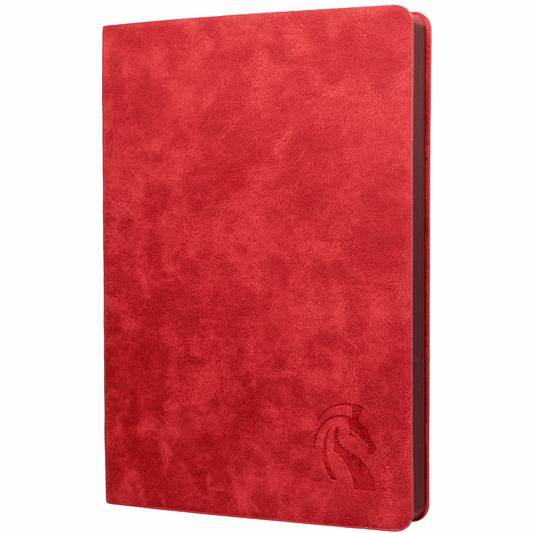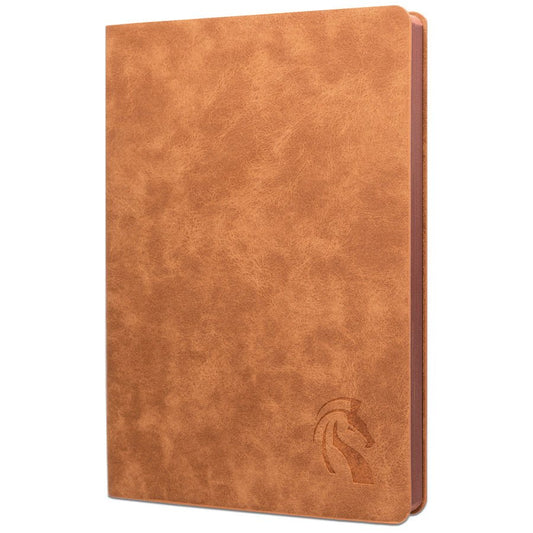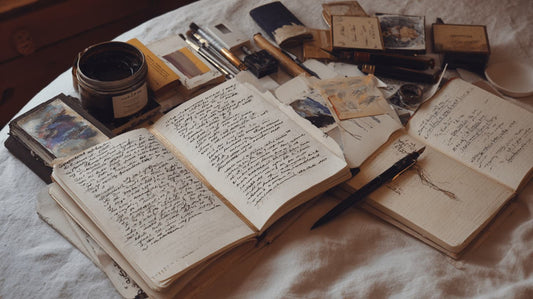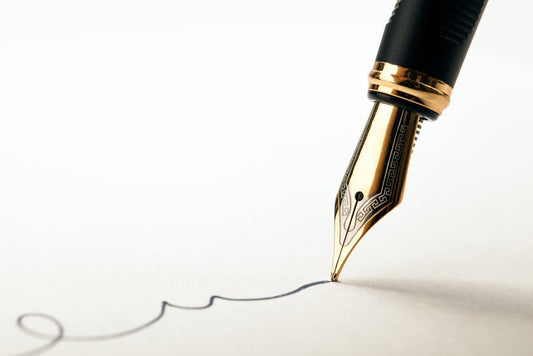
You will find that using a fountain pen to write gives you a sense of satisfaction that lasts for many years to come. If you take the appropriate amount of care for it, a fountain pen may survive for many years and even generations if it is properly maintained. It is not a particularly difficult or arduous procedure to care for your pen, and it will save you a lot of money on costly nib replacements, so feel free to review our advice below to ensure that you get the most out of your writing instrument and make the most of its potential.
PREPARING A FOUNTAIN PEN FOR FIRST USE
You need to give the fountain pen a "prime" before using it for the first time if this is the first time it has ever been used. Simply insert the ink cartridge into the pen, and then squeeze it firmly until you see some ink coming out of the tip of the pen. Turn the screw section of the converter counterclockwise to coax some ink out of the tip of the pen if you are using a fountain pen converter. This contributes to the ink being able to flow more easily.
If your pen still won't write, try wrapping the whole point of the pen in a piece of tissue and shaking it hard until some ink appears on the tissue. If this doesn't work, replace the tissue over the point of the pen. When shaking the pen, be cautious not to bang it against anything, since this might cause the nib to get broken.
A fountain pen that has a drop of ink attached to its tip.
CLEANING AND FLUSHING YOUR FOUNTAIN PEN
If they are not used often enough, fountain pens will run the risk of drying out. We suggest giving your fountain pen a thorough cleaning at least four times a year, and possibly even more often if it will be sitting idle for extended periods of time. In order to properly flush it:
After removing the ink cartridge or converter from the pen, run the front end of the pen (including the nib, grip, and feed) under warm water.
When the water is no longer cloudy, put the nib in a cup of warm water for at least two hours after it has been rinsed. This helps release any particularly dried up and hardened ink specks that may be present.
Remove any extra water from the nib by shaking it, then pat it dry with a clean towel that is free of lint.

At this point, your pen will be ready for use once again, provided that you don't mind the ink turning increasingly darker as the ink displaces the water in the feed. If you do mind this, your pen will be ready to use again. If you are concerned about this, you should let it air dry entirely overnight, and we suggest wrapping it in kitchen paper to help absorb any excess moisture.
Extra hint: make sure you follow the steps outlined above each time you switch the brand or color of your ink. If you don't, the residue from the prior ink might mix with the new ink, which could result in either:
a color combination that is not very common, or a material that is thick and might clog the nib.

LeStallion PU Leather Journals
LeStallion Soft Cover PU Leather Journals inspires and excites you to write more, allow you to further grow and develop, so you may achieve your goals and dreams!
SHOP LESTALLION













